|
|
|
Editor's note
|
|
Days after the hashtag #MeToo first appeared on Twitter in October 2017, millions of women had shared their stories of catcalls, groping, coercion, childhood abuse, peeping Toms, humiliating photos, explicit emails and rape. The feminist power of their outrage soon radiated outward, toppling influential men worldwide.
But what’s happened since then? To commemorate International Women’s Day, The Conversation has asked experts around the globe to check in on #MeToo, assessing whether this online campaign has actually changed life and laws in the countries we cover.
#MeToo has upended American corporate culture and inspired Canada to ban victim-blaming at rape trials, our scholars write. But France and Spain are struggling to reform a school culture that contributes to gender inequality, and Australia’s notoriously strict anti-defamation laws make it hard
for women to name and shame their harassers. #MeToo has skipped some countries, too, report The Conversation’s experts in Indonesia and South Africa.
Activist Tarana Burke started #MeToo in 2006 to show sexual assault survivors that they aren’t alone. Twelve years later, women worldwide are telling hard truths and fighting for equality. But, our global series shows, progress is uneven – and there’s work to be done everywhere.
|
Catesby Holmes
Global Affairs Editor
|

|
|
Global
|
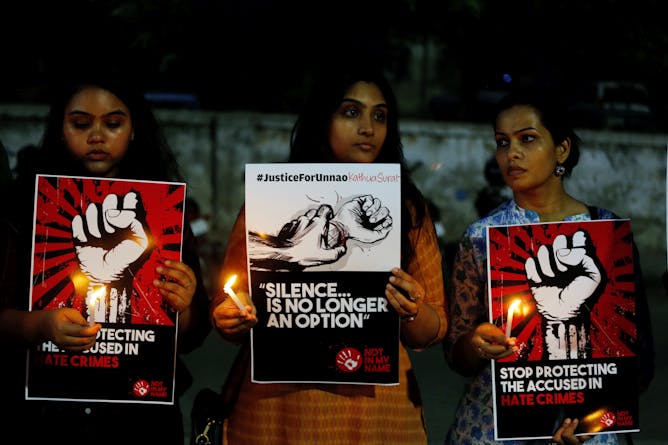
Indian women hold protests against sexual violence.
AP Photo/Ajit Solanki, File
Alka Kurian, University of Washington, Bothell
Women in countries such as India, Pakistan and others have long organized campaigns against sexual violence – many of which have resulted in stronger laws in these countries.
|
United States
|
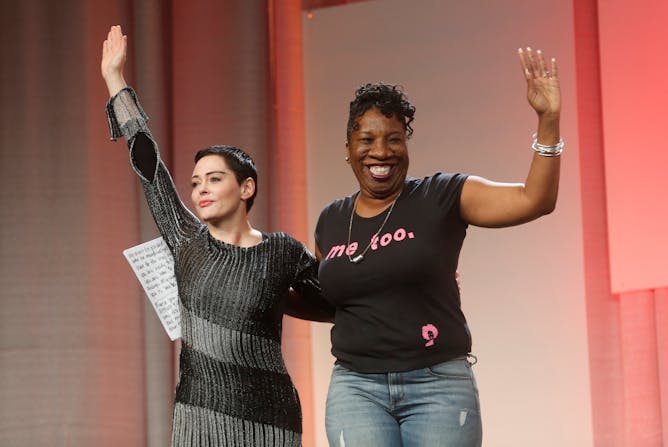
Rose McGowan, with #MeToo founder Tarana Burke, was among the first women to speak out against Harvey Weinstein.
Reuters/Rebecca Cook
Elizabeth C. Tippett, University of Oregon
Workers are increasingly not keeping their employers' secrets secret, as evidenced by the mass whistleblower event that is the #MeToo movement.
|
Spain
|
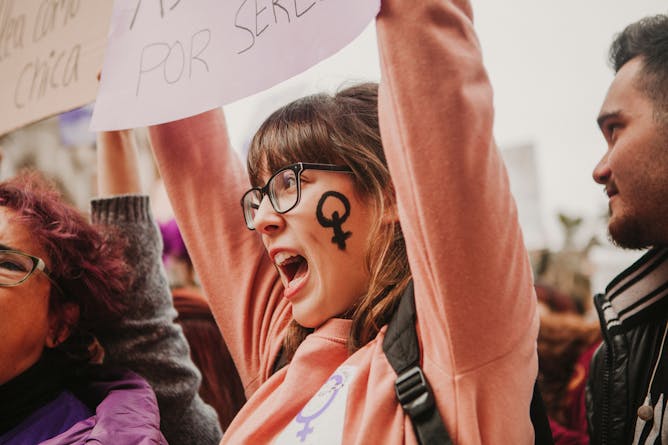
Shuttersock
María Soledad Andrés Gómez, Universidad de Alcalá
A brutal rape at Pamplona's 2016 running of the bulls outraged Spain. Then came #MeToo. With ever more Spaniards taking up the feminist mantle, schools – many of which are not coed – lag behind.
|
Australia
|
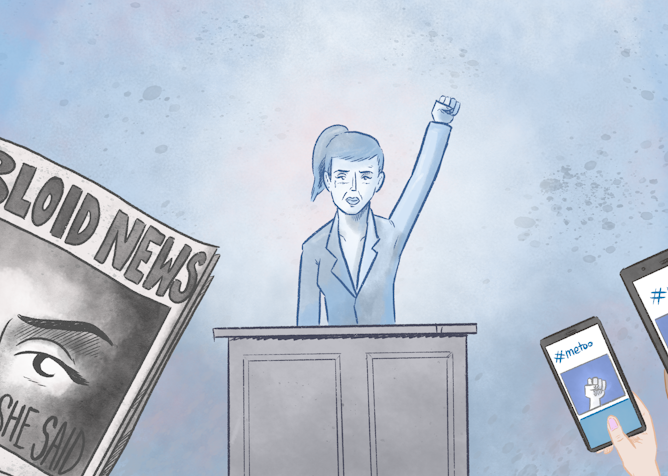
Though #MeToo has changed some aspects of media reporting, there is still much to be done.
Wes Mountain/The Conversation
Bianca Fileborn, University of Melbourne; Rachel Loney-Howes, University of Wollongong; Sophie Hindes
The #MeToo movement brought to light the extent of sexual violence in the community, largely through the media. But there is still a long way to go to overturn stereotypes and shut down online abuse.
|
Indonesia
|
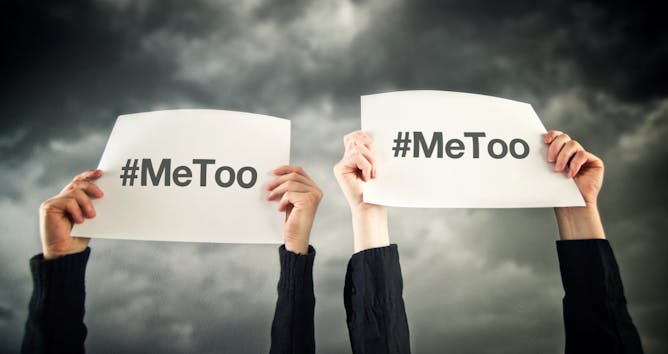
While in other countries, women are bringing down the powerful men who assaulted and harassed them, in Indonesia assault victims are still struggling to find justice.
www.shutterstock.com
Dyah Ayu Kartika, Pusat Studi Agama dan Demokrasi (PUSAD) Paramadina
A combination of a deep-rooted patriarchal culture, conservative religious values and gender-insensitive law enforcement practices still deters Indonesian women from reporting rape.
|
France
|
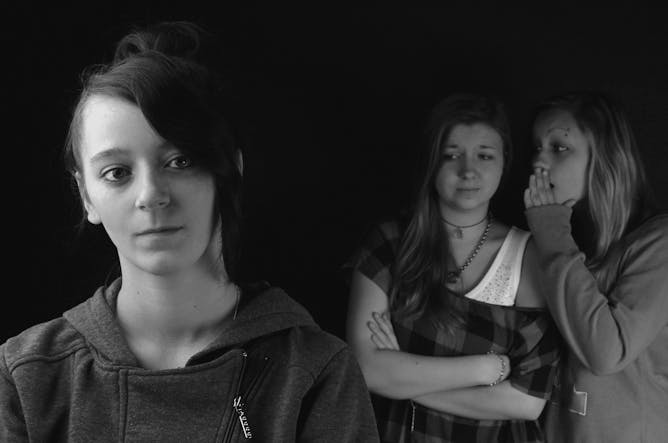
Smartphones have put the tools for bullying and voyeurism in the pockets of schoolchildren.
Baruska/Pixabay
Bérengère Stassin, Université de Lorraine
France's #MeToo backlash has revealed just how deeply rooted sexism is in the country. Disguised as flirtation or child's play, sexual harassment begins as early as elementary school.
|
South Africa
|
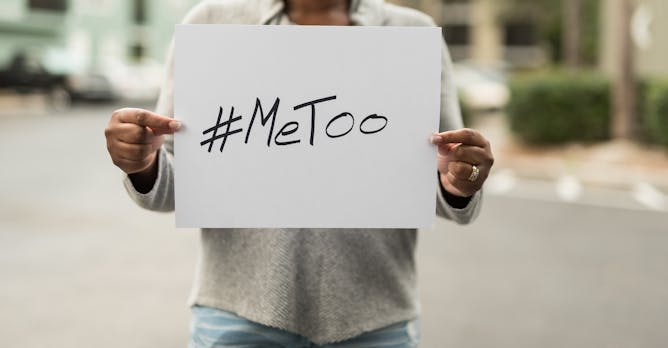
The racial nature of the campaign lies behind the poor uptake in Africa.
shutterstock
Amanda Gouws, Stellenbosch University
The visibility of #MeToo makes it easy to overlook the very powerful campaigns against sexual violence in Africa.
|
Canada
|
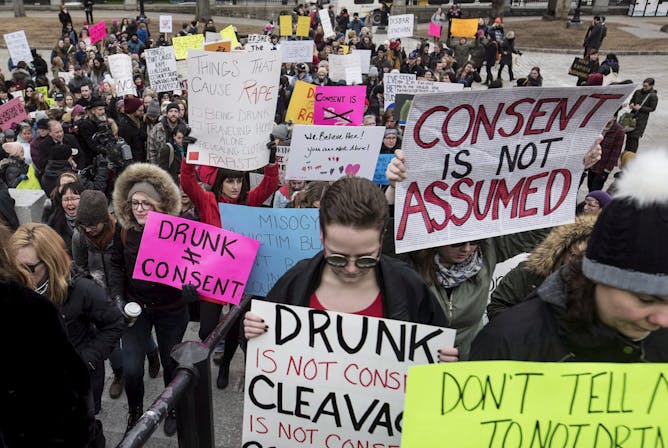
A judge’s decision to acquit a Halifax taxi driver charged with sexual assault was protested at this rally in Halifax in March 2017.
THE CANADIAN PRESS/Darren Calabrese
Kate Puddister, University of Guelph; Danielle McNabb, University of Guelph
A new Canadian law introduced as a nod to #MeToo, meant to protect sexual assault complainants, will have limited impact because it fails to consider how sexist judges and lawyers interpret laws.
|
|
|
| |
| |
|
|
|
|
|
|
|